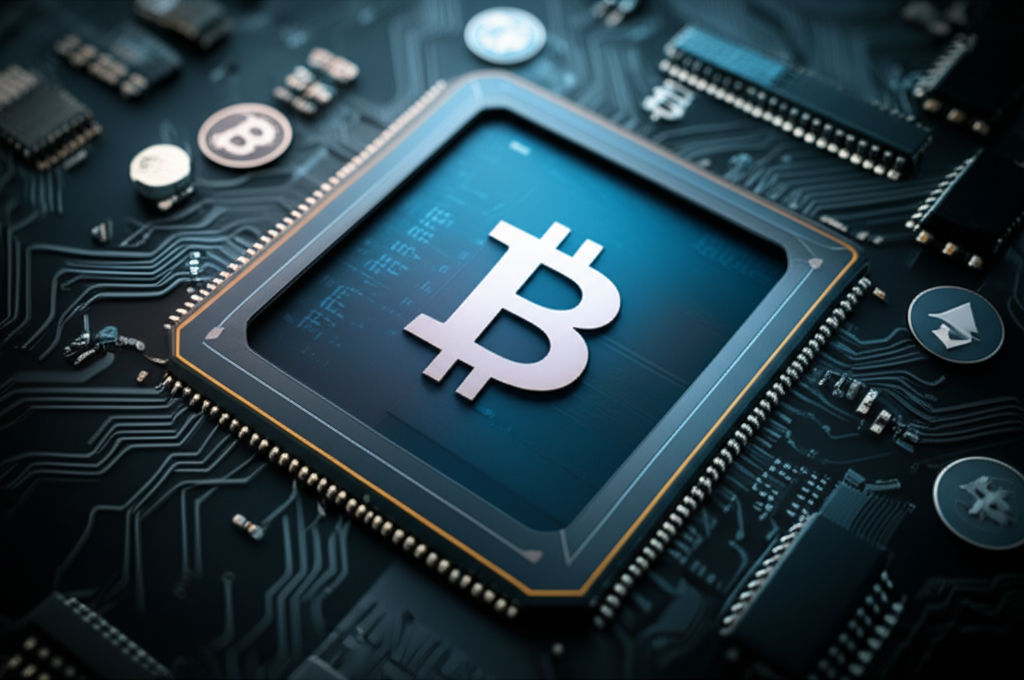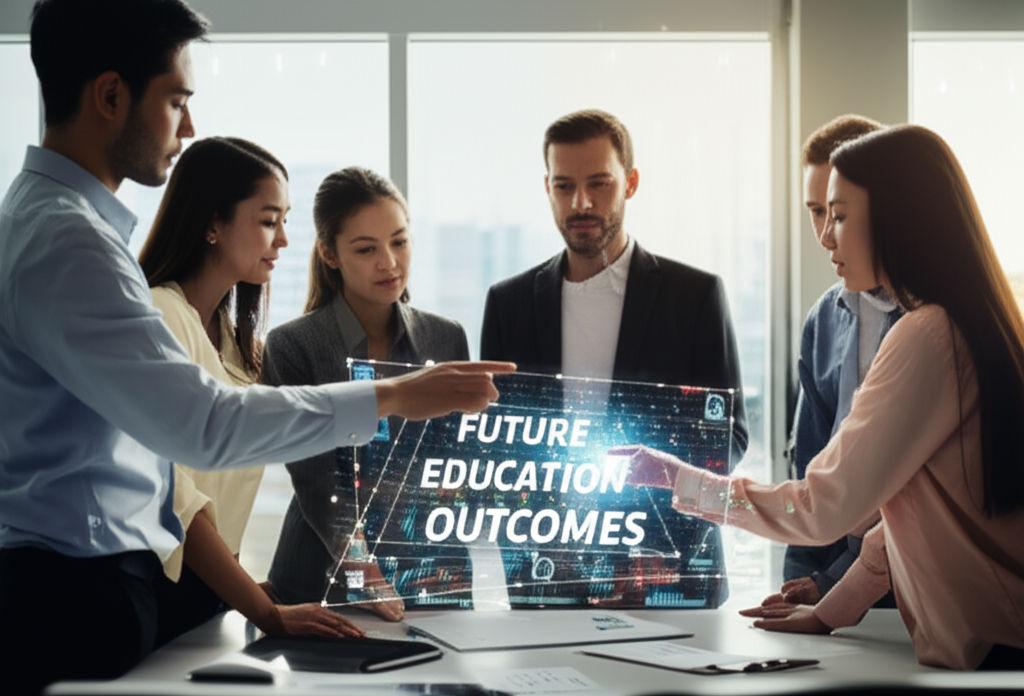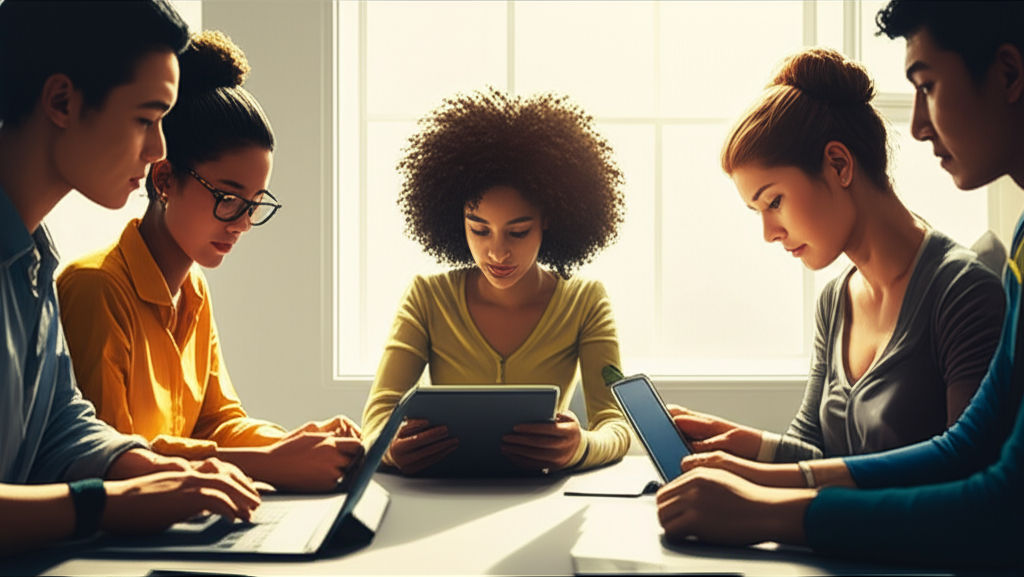EdTech Ethical Dilemmas: Navigating Future Ed
Emily Willis
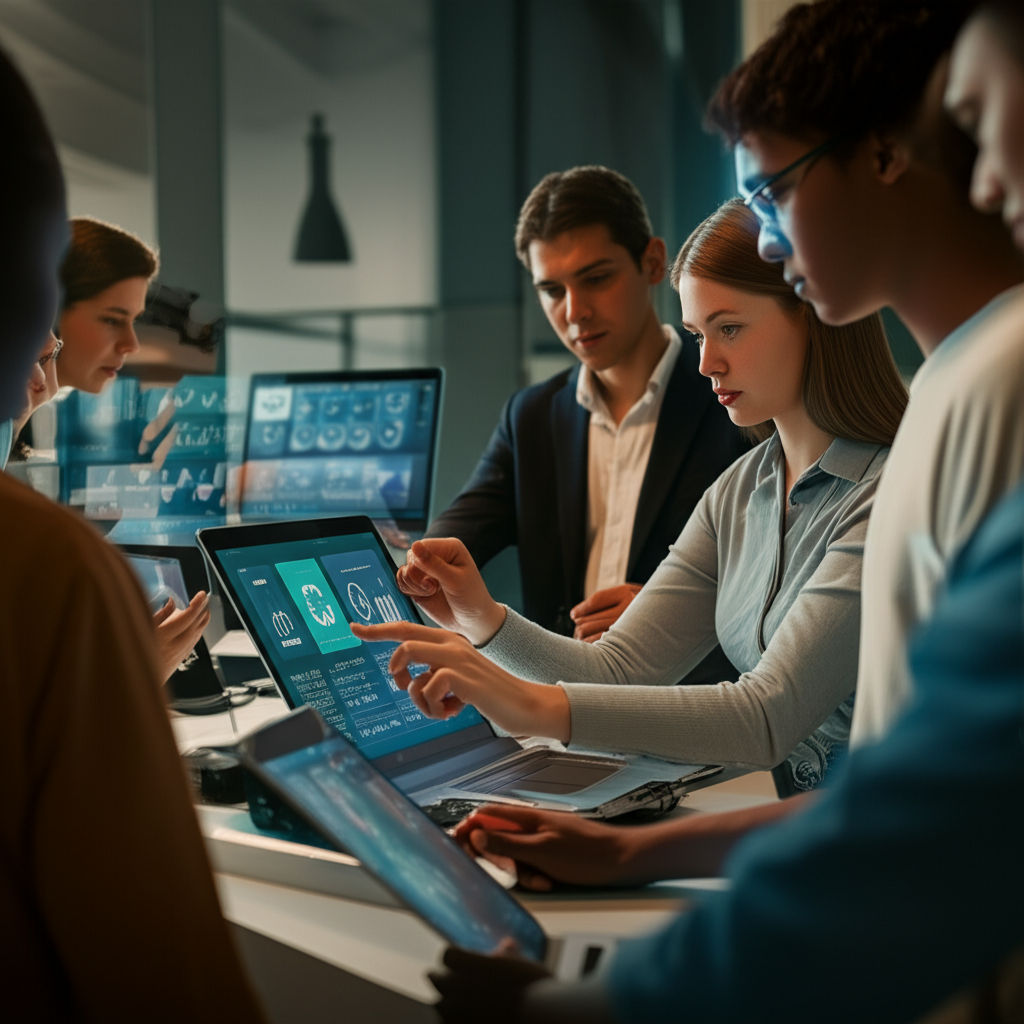
Photo: EdTech Ethical Dilemmas: Navigating Future Ed
The world of education is undergoing a fascinating transformation, largely thanks to the rapid advancements in educational technology, or EdTech. From interactive learning platforms and AI-powered tutors to virtual reality field trips, EdTech promises a future where learning is more personalized, accessible, and engaging than ever before. It's an exciting time, but like any powerful innovation, EdTech also brings with it a unique set of ethical dilemmas that we, as a society, must carefully navigate. How do we ensure that this digital revolution truly benefits every learner, upholds our values, and prepares us for a responsible future education? Let's dive in.
The Double-Edged Sword of EdTech: Promise Meets Predicament
Imagine a classroom where every student receives tailored lessons perfectly suited to their learning style and pace. This isn't science fiction; it's the promise of EdTech. Digital tools can bridge geographical gaps, offer resources to underserved communities, and make learning more dynamic and fun. Yet, beneath this shiny surface lie complex ethical dilemmas that demand our attention. Ignoring them could inadvertently create new inequalities or compromise fundamental rights in our pursuit of progress. Understanding these challenges is the first step toward building a truly equitable and effective future education system.
The Big Questions: Unpacking EdTech's Ethical Challenges
As EdTech becomes more integrated into our schools and homes, several key ethical dilemmas rise to the forefront. These aren't just abstract concepts; they have real-world implications for students, parents, educators, and even the future of society.
Data Privacy and Security: Who Owns Our Children's Information?
Perhaps the most pressing ethical dilemma in EdTech revolves around data. Educational platforms collect vast amounts of information on students: their learning patterns, performance, engagement levels, even biometric data in some cases. While this data can be used to personalize learning experiences, it also raises serious questions about student data privacy and security.
- What data is being collected? Is it just academic performance, or also browsing habits, emotional responses, or location data?
- Who has access to this data? Is it shared with third-party vendors, advertisers, or even law enforcement?
- How is it protected? Are these platforms secure against breaches, and what happens if a breach occurs?
- What are the long-term implications? Could this data be used to categorize students, influence their future opportunities, or even be sold?
The potential for misuse or accidental exposure of sensitive student data privacy is a significant concern. We need robust regulations and transparent policies to ensure this information is protected and used solely for educational benefit, not for commercial exploitation.
Algorithmic Bias and Equity: Is Technology Truly Fair?
Many EdTech tools rely on algorithms to personalize content, assess performance, and even recommend pathways. While these algorithms are designed to be efficient, they are only as unbiased as the data they are trained on. If the training data reflects existing societal biases, the algorithms can inadvertently perpetuate or even amplify those biases. This creates an ethical dilemma related to equity in EdTech.
- Reinforcing stereotypes: An algorithm might, for example, recommend certain career paths more frequently to one gender or demographic group based on historical data, rather than individual aptitude.
- Disadvantaging certain learners: If an AI tutor is trained predominantly on data from a specific socioeconomic background, it might struggle to understand or effectively assist students from different backgrounds or those with diverse learning needs.
- Lack of transparency: Often, the inner workings of these algorithms are proprietary, making it difficult to understand how decisions are made and identify potential biases.
Ensuring equity in EdTech means actively working to identify and mitigate algorithmic bias, advocating for transparent AI, and designing tools that are truly inclusive and adaptable to the diverse needs of all learners.
The Digital Divide: Widening Gaps, Not Bridging Them
EdTech's promise of universal access is inspiring, but the reality is that access to technology and reliable internet connectivity is far from universal. This "digital divide" is a significant ethical dilemma. While some students have cutting-edge devices and high-speed internet at home, others lack even basic access, creating a stark inequality in educational opportunities.
- Unequal access to resources: Online learning platforms, digital textbooks, and virtual labs become inaccessible to those without the necessary hardware or internet.
- Exacerbated learning gaps: Students without access fall further behind their digitally-equipped peers, widening the educational gap.
- Socioeconomic impact: This divide disproportionately affects low-income families and rural communities, deepening existing societal inequalities.
Addressing the digital divide requires concerted efforts from governments, schools, and communities to provide equitable access to devices, broadband internet, and digital literacy training. True future education must be accessible to everyone, not just a privileged few.
Human Connection vs. Digital Learning: Where Do Educators Fit In?
As EdTech tools become more sophisticated, questions arise about the evolving role of educators and the importance of human connection in the learning process. While AI tutors can provide instant feedback and personalized exercises, they cannot replicate the empathy, critical thinking, and social-emotional development fostered by human interaction. This is a subtle but profound ethical dilemma.
- Impact on social skills: Over-reliance on digital interaction might hinder the development of crucial social skills, collaboration, and face-to-face communication.
- Erosion of teacher-student relationships: If technology mediates too much of the learning, the deep, trusting relationships between teachers and students, which are vital for holistic development, could suffer.
- Deskilling of educators: There's a concern that educators might become mere facilitators of technology rather than expert guides and mentors.
Balancing the efficiency of digital tools with the irreplaceable value of human interaction and the expertise of educators is crucial for a well-rounded future education. Technology should augment, not replace, the human element in learning.
Mental Health and Screen Time
Latest ✨
View AllMaster the art of handling complaints effectively. Learn the psychology, actionable steps, and how to turn feedback into opportunities for growth and stronger r...
Emily Willis
Women's participation in sport has evolved into a powerful movement that challenges societal norms, empowers individuals, and promotes inclusivity. This article explores the journey of women in sport, highlighting their achievements, the obstacles they have overcome, and the transformative impact they continue to have in the world of sport and beyond.
Emily Willis
Beyond crypto hype: Understand digital asset economics. Learn core principles like supply, demand, scarcity & utility to navigate the market wisely.
Emily Willis
Redefining success in education means moving beyond grades. Learn how future outcomes focus on adaptability, critical thinking, and skills for an unpredictable...
Emily Willis
Business
View All
June 9, 2025
Risk Management: Protect Your BusinessUnlock business resilience! Master risk management to protect assets, enhance decision-making, minimize losses, and ensure sustainable growth in an uncertain wo...
Emily Willis

June 8, 2025
Entrepreneurial Journey to SuccessDemystify the entrepreneurial journey. This guide offers actionable strategies to transform ideas into thriving businesses, navigate challenges, and achieve las...
Emily Willis
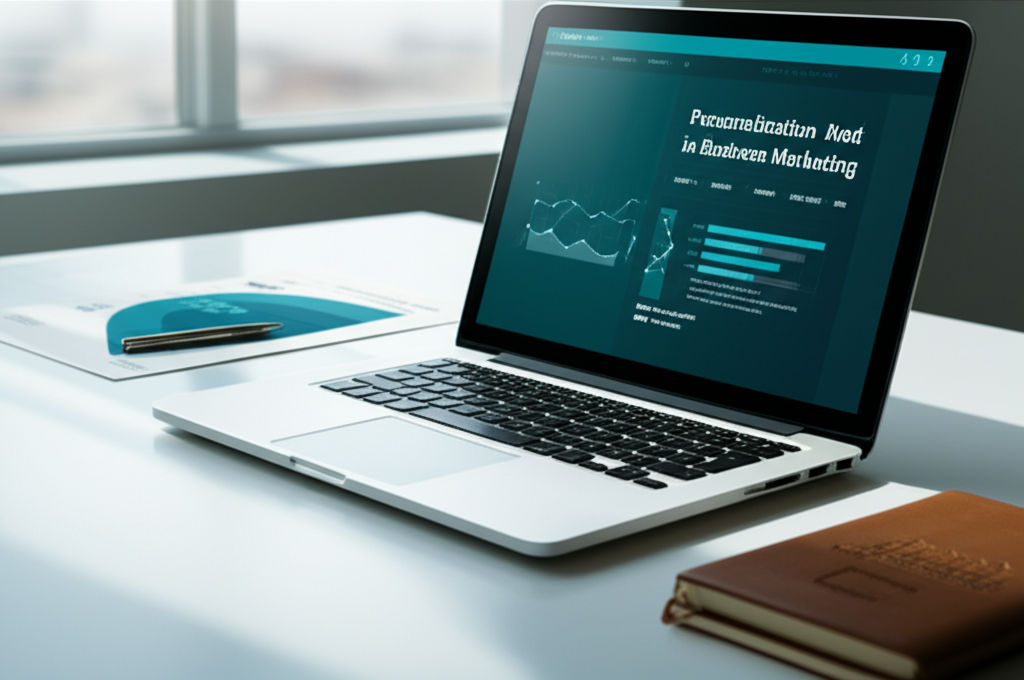
June 8, 2025
Personalization in Business MarketingUnlock business growth! Learn how personalized marketing transforms interactions, boosts engagement & loyalty by speaking directly to your customers.
Emily Willis
Economy
View AllBuild your financial future! Demystify investing with smart, accessible strategies & practical tips for everyone to grow lasting wealth.
Read MoreInfrastructure development is crucial for driving economic growth and regional integration by improving connectivity, facilitating trade, and enhancing quality of life. Investments in transportation networks and digital infrastructure support businesses in accessing larger markets and capitalizing on trade opportunities. Well-developed infrastructure simplifies trade processes and attracts industries to specific regions, promoting economic development. Access to essential services and urban infrastructure improves quality of life and fosters sustainable urbanization. Green infrastructure projects support environmental conservation and contribute to sustainable development goals. Overall, strategic investments in infrastructure are essential for building resilient, inclusive, and prosperous communities in the global economy.
Read MoreUnlock historical wisdom and ancient philosophies for preventing depression. Learn timeless strategies for resilience and emotional balance in modern life.
Read MoreEntertainment
View All
August 5, 2024
Arts Education's Importance: Nurturing Creativity and Fostering ExpressionArts education is often overlooked in a world focused on standardized tests and STEM subjects, but it plays a vital role in nurturing creativity, self-expression, and essential skills in students. Arts education allows students to unleash creativity, build confidence, improve communication and collaboration skills, develop critical thinking and problem-solving abilities, increase cultural awareness and appreciation, and enhance emotional intelligence.
Emily Willis

August 5, 2024
Music Universal Language: Connecting and Inspiring Across CulturesMusic has the power to transcend language barriers and connect people on a deep emotional level. It serves as a bridge between cultures, fostering understanding and appreciation for diversity. The universality of rhythm and melody creates a sense of unity, while the diversity of musical styles allows for exploration and creativity.
Emily Willis

August 4, 2024
The Evolution of Digital Distribution in the Music Industry: Challenges and OpportunitiesThe music industry has been transformed by digital distribution, which allows quick access to a vast catalog of music through streaming services and online stores.
Emily Willis
Health
View AllRegular physical activity is crucial for maintaining long-term health and well-being. It has numerous benefits, including improving cardiovascular health, aiding in weight management, enhancing mental health, strengthening bones, boosting immune function, and promoting longevity.
Emily Willis
our minds are often overwhelmed with information and stimuli, leading to stress and anxiety. Mindfulness and meditation offer tools to cultivate inner peace and well-being. Mindfulness involves being present in the moment without judgment, while meditation involves focusing attention on an object or thought.
Emily Willis
Maintaining good health involves a balanced diet that provides essential nutrients for the body. A balanced diet includes carbohydrates, proteins, fats, vitamins, minerals, fiber, and water. Benefits of a balanced diet include enhanced energy levels, improved mental health, a stronger immune system, better weight management, reduced risk of chronic diseases, and enhanced digestion. Components of a balanced diet include fruits and vegetables, whole grains, protein sources, dairy or dairy alternatives, and healthy fats. Tips for maintaining a balanced diet include planning meals, portion control, staying hydrated, limiting processed foods, eating mindfully, and including physical activity.
Emily Willis
Trending 🔥
View All
1
3
4
5
7
8
9
10
Sports
View AllAugust 4, 2024
The Importance of Mental Training and Psychological Strategies in Helping Athletes Reach Their Peak Performance on the Field
Read MoreAugust 5, 2024
The Future of Sports: Anticipating Trends, Embracing Innovation, Shaping a New Era
Read MoreAugust 4, 2024
Sports Technology Innovation: Revolutionizing Training and Performance Analysis
Read MoreTechnology
View All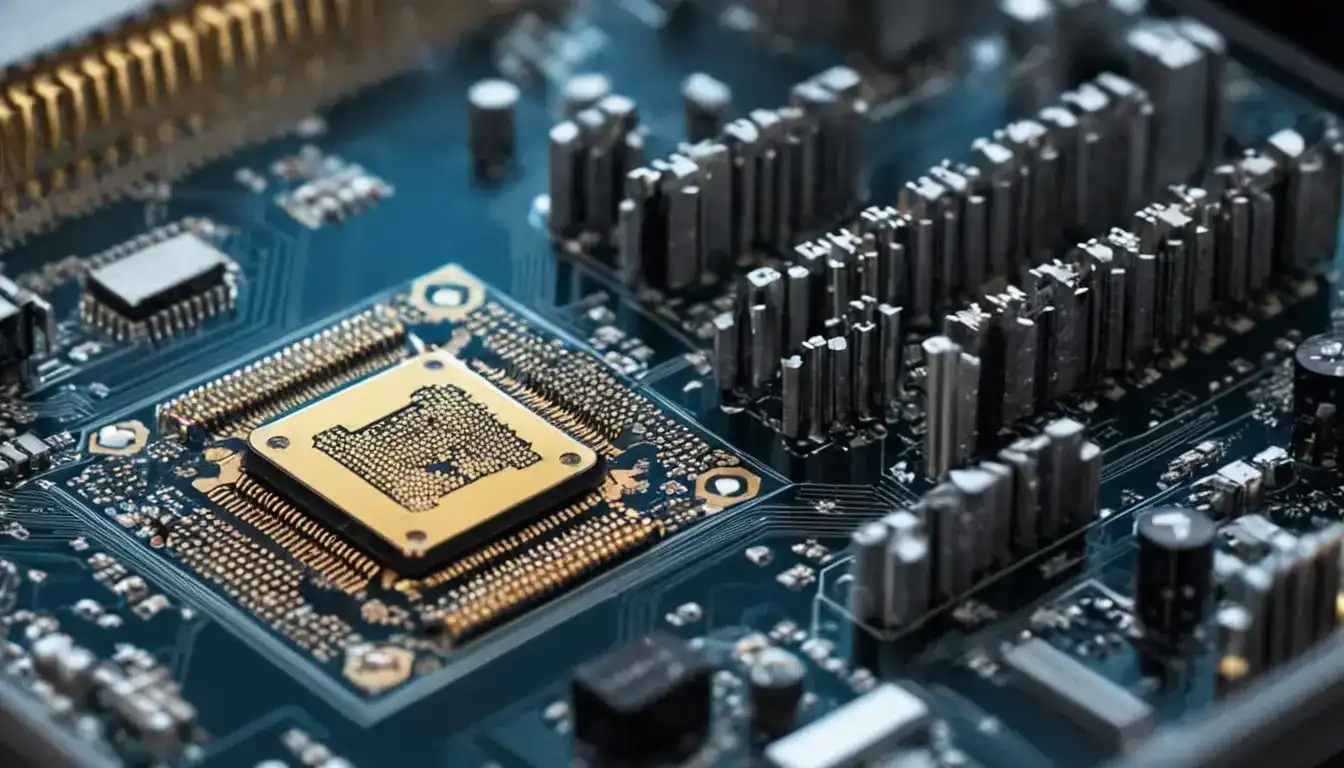
August 4, 2024
Exploring the Potential of Quantum Computing in Modern Technology
Quantum computing is a revolutionary technology that uses quantum bits, or qubits, to process information. It has the potential to solve complex problems, revolutionize cryptography, accelerate drug discovery, optimize complex systems, and enhance artificial intelligence.
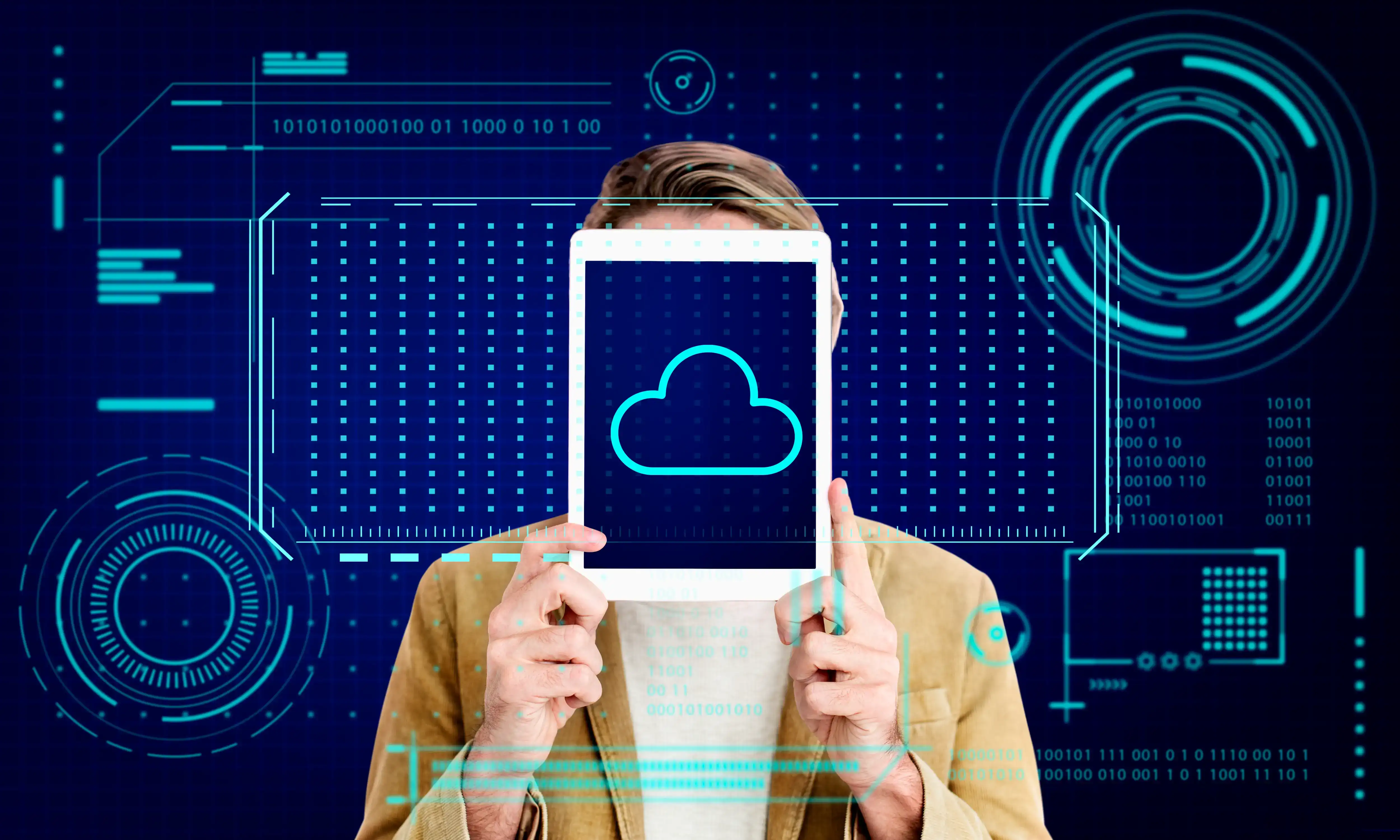
August 5, 2024
Tips for Implementing Cloud Computing Safely and Efficiently
Cloud computing is essential for modern businesses, offering cost savings, scalability, and improved collaboration. Implementing cloud computing requires careful planning to ensure safety and efficiency. Tips for safe and efficient implementation include conducting a needs assessment, choosing the right cloud service model, prioritizing security, planning for data migration, optimizing costs, training your team, implementing backup and recovery solutions, monitoring performance, planning for scalability, and staying updated with industry trends.
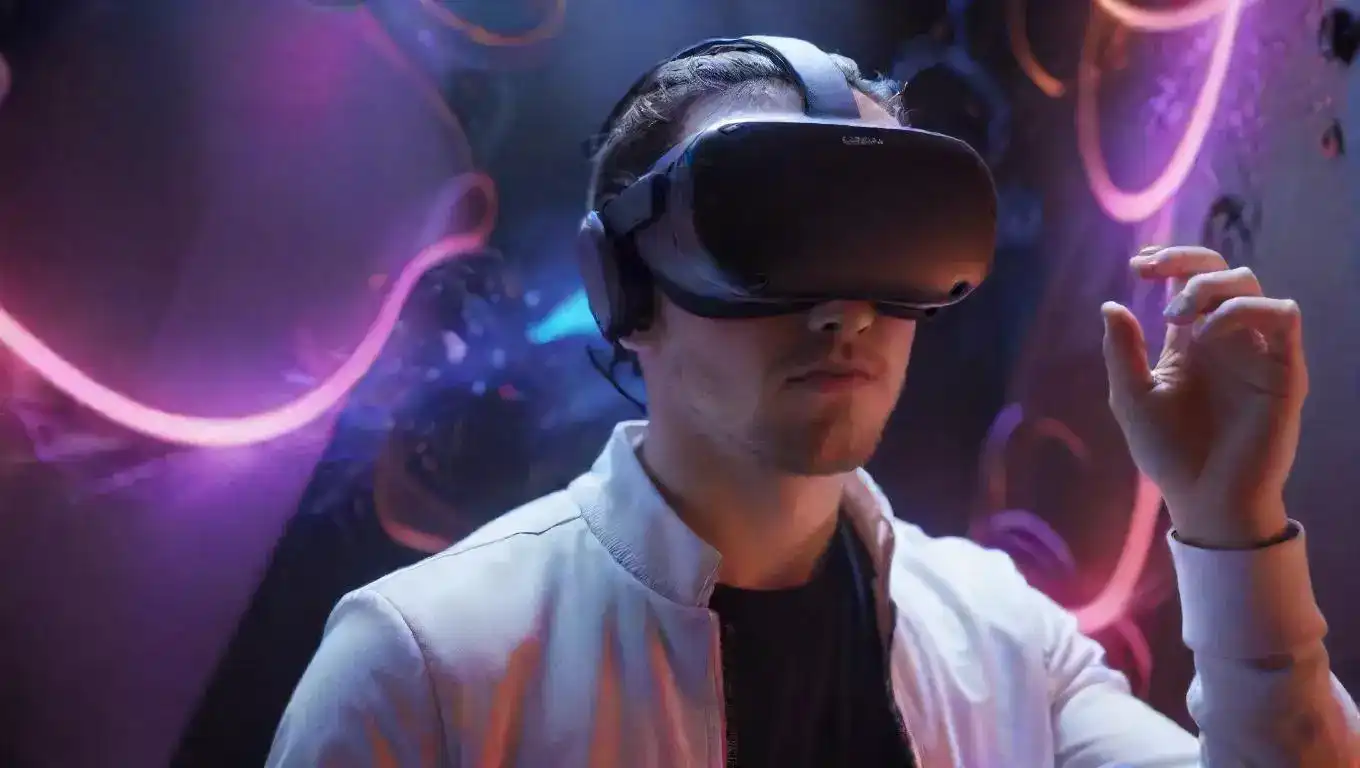
August 5, 2024
Oculus Quest 2 vs HTC Vive Pro – Which Should You Choose?
Oculus Quest 2 vs HTC Vive Pro – which VR headset reigns supreme? Dive into this ultimate showdown to discover the strengths and weaknesses of each, and decide which one is worth your investment. From specs and comfort to content and price, we'll help you make an informed choice.
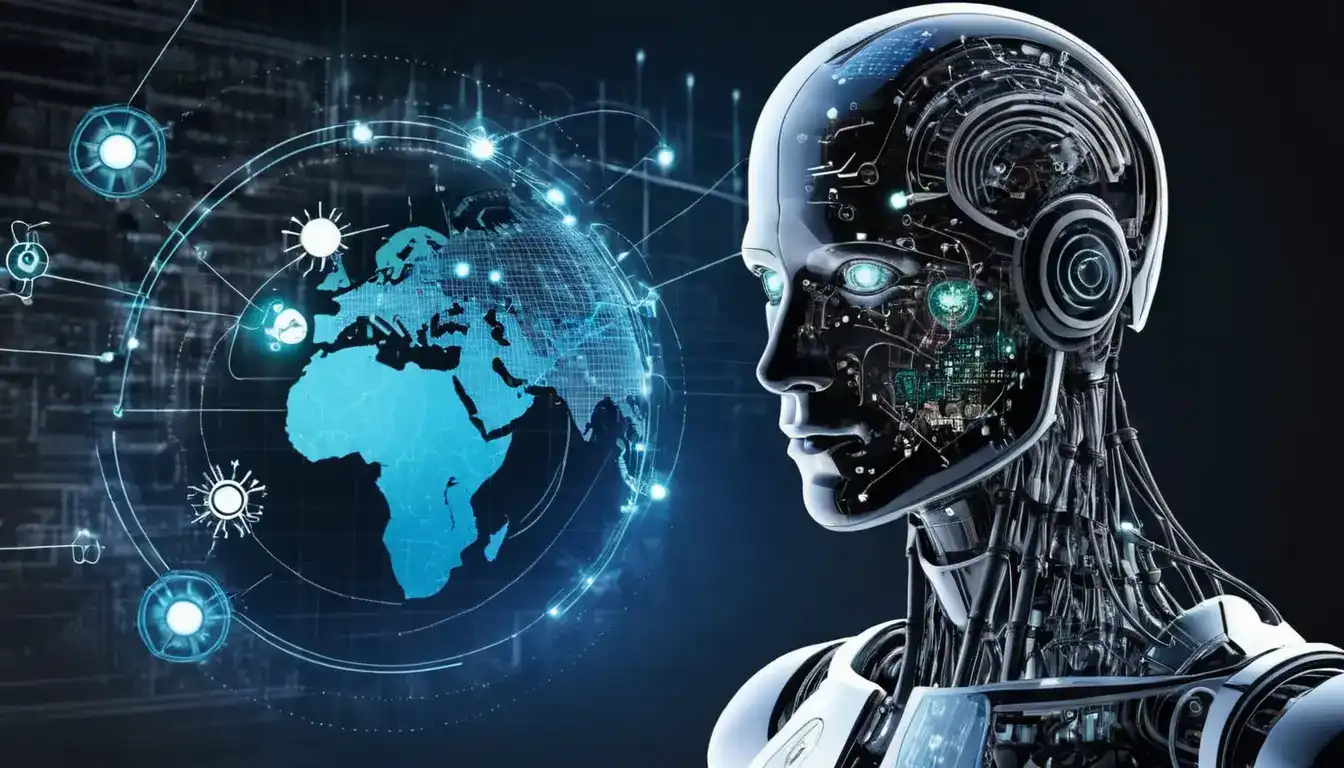
August 5, 2024
AI Applications that are Changing the World Around Us
Artificial Intelligence (AI) is no longer a concept from science fiction, but a reality that is reshaping the world around us. From virtual assistants to self-driving cars, AI is making significant impacts in various industries such as healthcare, education, transportation, and agriculture. AI is also being used to address environmental challenges and enhance customer experiences.


